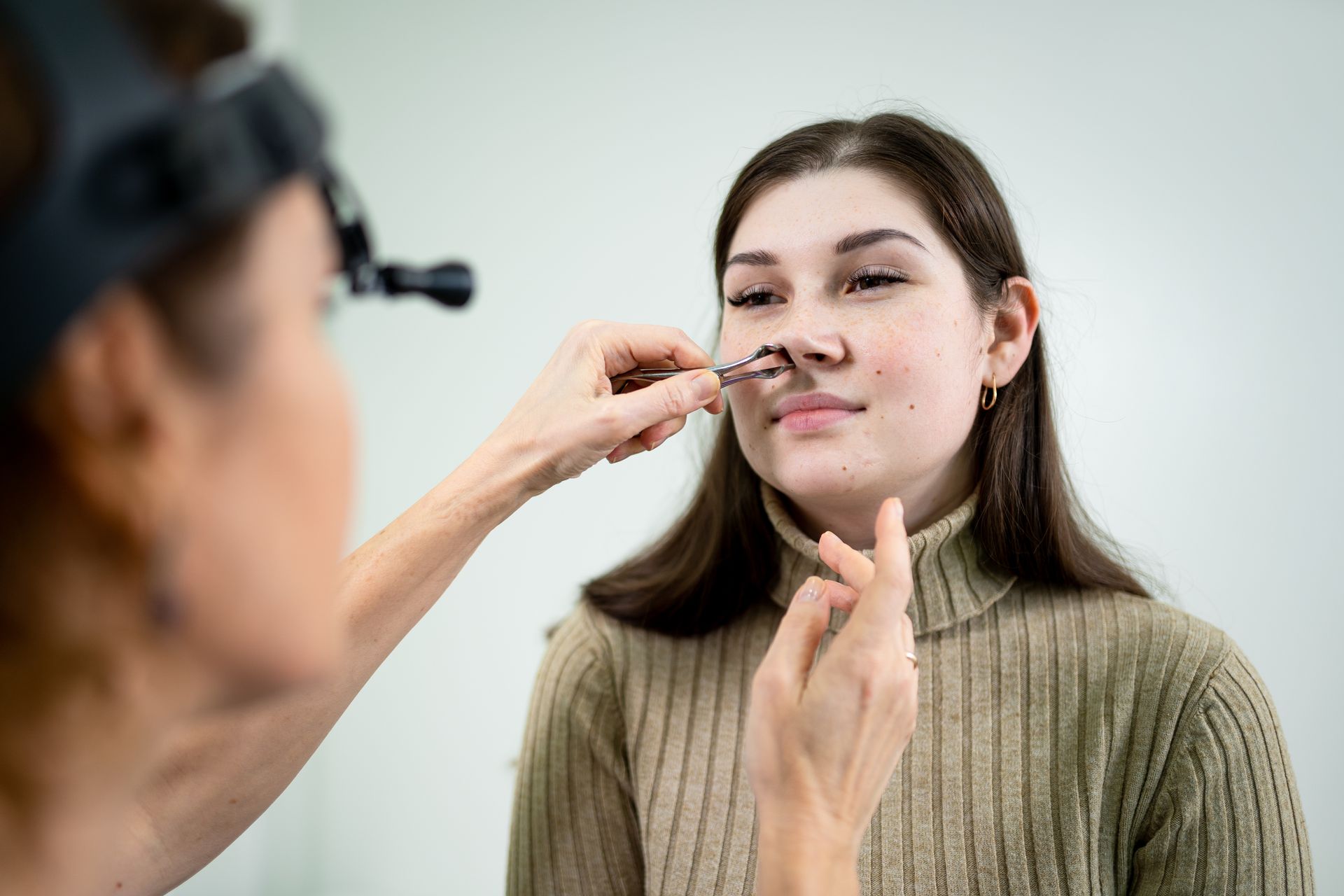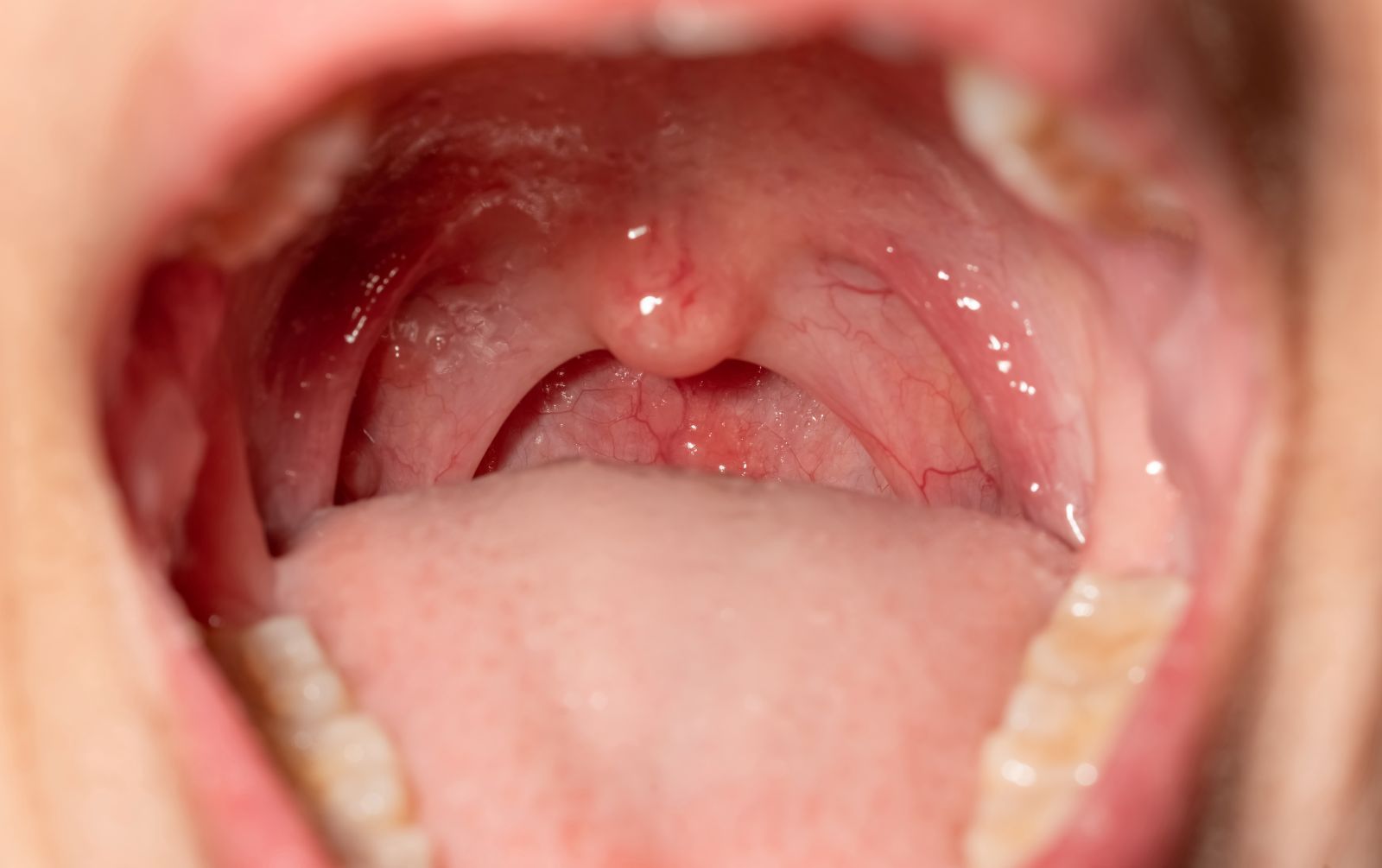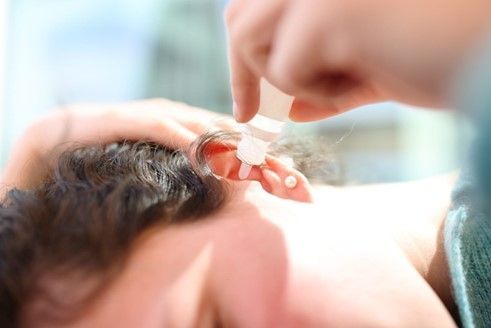How to Shrink Thyroid Nodules
Thyroid nodules are common growths that can develop within the thyroid gland, located in the front of your neck. While many nodules are benign and do not require treatment, some can cause discomfort or lead to complications. If you have thyroid nodules and are looking for ways to manage or shrink them, this blog will provide you with helpful information on available options.
What are Thyroid Nodules?
Thyroid nodules are small lumps or growths that can form in the thyroid gland, which is located in the front of your neck. These nodules can vary in size, ranging from very small (often not noticeable) to large enough to be felt or seen. Most nodules are harmless, but they can sometimes cause issues such as difficulty swallowing, changes in voice, or concerns about cancer. Regular monitoring and evaluation by an ear, nose, and throat provider are crucial for managing thyroid nodules effectively.
Can Thyroid Nodules Be Shrunk?
Some thyroid nodules may shrink on their own. Others can be reduced in size or shrunk, but the approach to doing so depends on the type of nodule, its characteristics, and the underlying cause.
Here are some common methods for managing thyroid nodules and potentially reducing their size:
1. Regular Monitoring
For many benign nodules, the best approach is simply to monitor their size and symptoms over time. Your ENT doctor may recommend regular ultrasounds and physical exams to track any changes. If a nodule remains stable and asymptomatic, no immediate action may be necessary.
2. Medications
In some cases, medications can help shrink thyroid nodules, especially if they are associated with an overactive thyroid (hyperthyroidism). Antithyroid medications can reduce hormone production and may lead to a decrease in nodule size. However, this approach is more effective for certain types of nodules and may not be suitable for everyone.
3. Radiofrequency Ablation
Radiofrequency Ablation (RFA) is a minimally invasive procedure that uses heat generated from radiofrequency energy to destroy abnormal tissue, such as tumors or thyroid nodules. During the procedure, a thin electrode is inserted into the targeted area, delivering controlled heat that shrinks or eliminates the unwanted tissue. RFA is often performed under local anesthesia and guided by imaging techniques like ultrasound, making it a safer and quicker alternative to traditional surgery, with shorter recovery times.
4. Ethanol Injection
For larger cystic nodules (fluid-filled), ethanol injection is a minimally invasive procedure that can help shrink them. In this procedure, a specialist provider injects alcohol directly into the nodule, which can destroy the cystic tissue and reduce its size. This treatment is typically performed under ultrasound guidance.
5. Surgery
If a thyroid nodule is large, causing significant symptoms, or suspected to be cancerous, surgical removal may be necessary. An otolaryngologist may recommend a lobectomy (removal of part of the thyroid) or a total thyroidectomy (removal of the entire gland) depending on the situation. Surgery can effectively eliminate the nodule and alleviate related symptoms.
Final Thoughts
If you have been diagnosed with thyroid nodules, it’s essential to collaborate closely with your ear, nose, and throat specialist to develop the most effective management plan tailored to your needs. Should you have any questions or concerns regarding your thyroid nodules or available treatment options, feel free to reach out to the providers at Kentuckiana Ear, Nose, and Throat for expert guidance and support. Your health and well-being are our top priorities!













